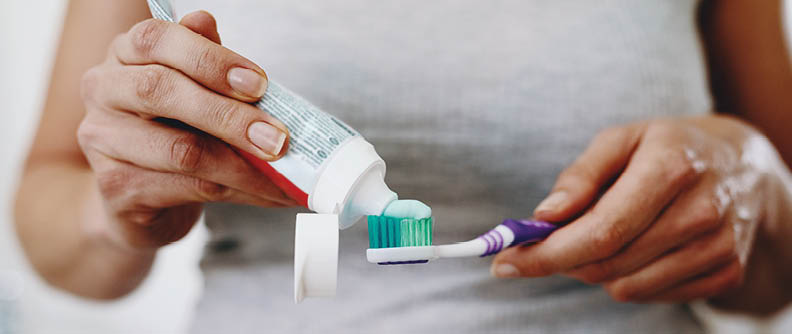Taking care of your teeth is an important part of a healthy pregnancy. In addition to preventing cavities and other issues, it sets your baby up for better dental health in the future. Here’s how you can expect your teeth and gums to change when you’re pregnant, and how you can practice good oral hygiene.
Common dental changes during pregnancy
The most common changes in your teeth and gums during pregnancy aren’t usually serious, but you should still be aware of them. This is how they could affect your dental health:
- Acid from morning sickness and digestive problems such as reflux can weaken your teeth. They may feel more sensitive, and you could be more likely to develop cavities.
- You might notice gum swelling, tenderness, and bleeding. These are caused by hormonal changes and the increased blood flow that’s normal during pregnancy.
- Your teeth could feel a little loose during pregnancy, but this doesn’t usually cause problems. Things will go back to normal after your baby is born.
- Red lumps on your gums are normal and usually go away after you give birth. Even though they’re called “pregnancy tumors,” they’re not actually cancer.
Tips for taking care of your teeth
To take good care of your teeth while your body goes through these changes, be sure to:
- Brush your teeth twice a day. Be gentle, use a soft toothbrush, and make sure your toothpaste has fluoride.
- Not smoke, and don’t let others smoke around you. Talk to your doctor if you need help quitting.
- Limit sugary foods and drinks to avoid causing cavities.
- Eat a balanced diet with grains, vegetables, fruits, dairy, protein, and fats. Getting the right vitamins and nutrients through these foods will help keep your teeth healthy and help your baby form strong teeth while they’re still in the womb.
- Floss once a day. This removes plaque and helps get food particles out from between your teeth and under the gum line.
- Switch out your toothbrush at least every 3 to 4 months, or sooner if it wears out.
- Rinse your mouth if you have just thrown up or if you notice reflux. Try swishing with one teaspoon of baking soda in a cup of water, and then be sure to wait 20 minutes before brushing your teeth.
Visiting your dentist while pregnant
When you see your dentist for regular cleanings and exams, they can catch any issues early. If it’s been more than six months since your last visit, schedule an appointment. While dental X-rays and pain medications are generally very safe for you and your baby, you should still tell them that you’re pregnant.
A visit to the dentist is also a good opportunity to ask for tips on how you can help your child keep their own teeth clean, so they can start their life with a healthy smile .
